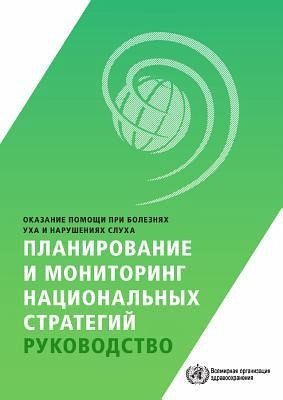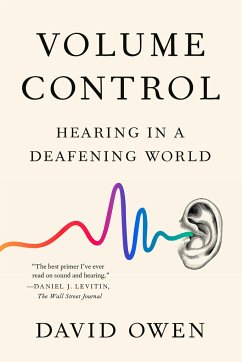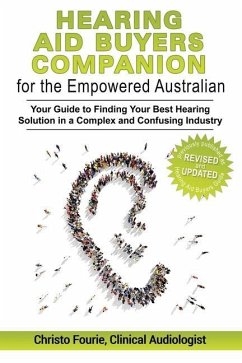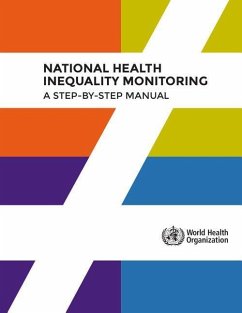
Ear and Hearing Care - Planning and Monitoring of National Strategies
A Manual
Versandkostenfrei!
Nicht lieferbar
A national ear and hearing care strategy should seek to reduce the prevalence, incidence and impact of hearing loss in the community, through public health approaches that are integrated with the country's health system and service delivery. The development of a holistic and integrated strategic plan is the first step towards provision of effective and sustainable ear and hearing care services. This manual provides guidance on developing and implementing such a strategy. It outlines the planning process, with a special focus on practical aspects, recognizing that each country has its own parti...
A national ear and hearing care strategy should seek to reduce the prevalence, incidence and impact of hearing loss in the community, through public health approaches that are integrated with the country's health system and service delivery. The development of a holistic and integrated strategic plan is the first step towards provision of effective and sustainable ear and hearing care services. This manual provides guidance on developing and implementing such a strategy. It outlines the planning process, with a special focus on practical aspects, recognizing that each country has its own particular priorities and available resources. It is one of a series of publications on planning and monitoring of ear and hearing care services. It is accompanied by a tool that facilitates situation analysis for ear and hearing care within the health system. The manual can be used in combination with the Ear and Hearing Care Situation Analysis Tool (English Edition ISBN 9789241509954, no Russian Edition available at this time), which provides a detailed framework for an initial situation analysis.








